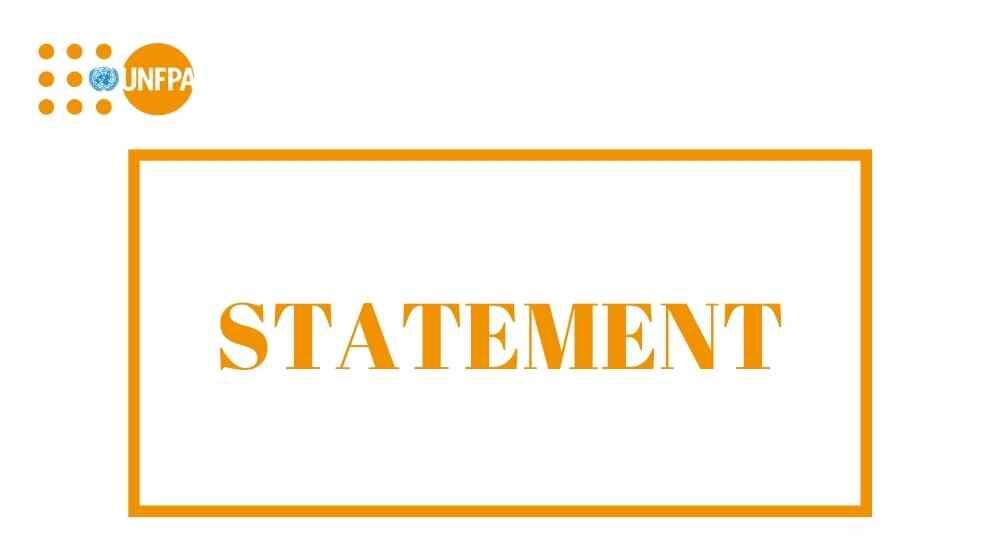Equal access to sexual and reproductive health and rights is crucial for all 8 billion people in our world today. The urgent call to dismantle discriminatory barriers to rights and choices is nowhere more important than in the response to HIV, which is under unprecedented pressure amid multiple global crises.
On World AIDS Day, we must recommit to equality to address what remains a major global public health threat. While the growth of the global population is the result of steady advances in health care, it is unacceptable that progress is still so uneven.
More than 40 years into the AIDS epidemic, we can mark significant advances in stopping the spread of HIV and mitigating its consequences. Yet in 2021, 1.5 million new HIV infections occurred, triple the agreed global target of no more than 500,000 new infections per year.
Gender discrimination and women’s lack of bodily autonomy, including around choices to protect themselves, help explain why more than 60 per cent of new HIV cases were in women and girls in sub-Saharan Africa. There, HIV infections are three times higher among adolescent girls and young women than among boys and men of the same age.
People at high risk of HIV often face multiple inequalities that deepen their vulnerabilities. That is why UNFPA advocates an integrated response to HIV. It includes providing essential services and supplies, while also working within the broader social context to end all forms of discrimination and accelerate the realization of rights for everyone.
UNFPA embraces the rallying cry, “Equalize!” that champions a world in which all people can protect themselves and stay free of HIV and other sexually transmitted infections, including those at highest risk. Every person should know the freedom and safety – and right – of bodily autonomy. They should be able to exercise their sexual and reproductive rights irrespective of their gender identity, sexual orientation, sexuality or sexual behaviours.
While progress may be stalling in the HIV response, we have the tools to move forward, including new forms of prevention and treatment. Now is the time to use them, making them universally affordable and accessible. In doing so, we will stop the further spread of HIV. And we will gain societies rooted in equality, and health and dignity for all.



